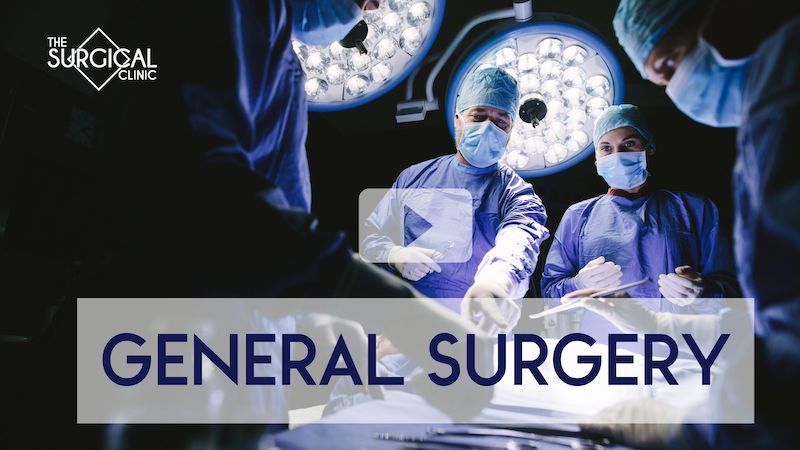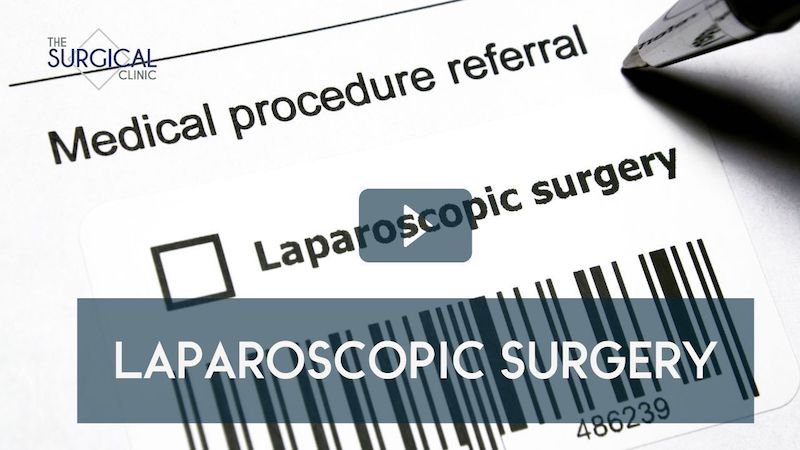General surgery
General surgeons in Nashville

Dr. John Boskind
General Surgeon
Summit

Dr. Mark Cooper
General Surgeon
Downtown

Dr. Patrick Davis
General/Bariatric Surgeon
Southern Hills

Dr. Alex Fruin
General Surgeon
Summit

Dr. Mark Hinson
General Surgeon
Columbia

Dr. George Lynch
General/Bariatric Surgeon
Downtown

Dr. Clinton Marlar
General Surgeon
Skyline/Southern Hills

Dr. James McDowell
General/Bariatric Surgeon
Downtown

Dr. Willie Melvin
General/Robotic Surgeon
Smyrna

Dr. Chad Moss
General Surgeon
Columbia

Dr. William Polk
General Surgeon
Downtown

Dr. Drew Reynolds
General Surgeon
St. Thomas West

Dr. Davidson Oxley
General Surgeon
VIEW PROFILE

Dr. Joshua Taylor
General Surgeon
Smyrna

Dr. Tyson Thomas
General Surgeon
St. Thomas West

Dr. John Valentine
General Surgeon
Hendersonville

Dr. Patrick Wolf
General Surgeon
St. Thomas West
General Surgeons
How to find a general surgeon
When choosing a surgeon, The Surgical Clinic in Tennessee wants to make sure that you understand the specialty and what the title of “general surgeon” means. The term “general surgeon” is a little misleading since in the medical field, the term represents a highly trained specialist–not a “generalist.” In fact, a general surgeon has a wide enough array of skills to treat many common and complex medical conditions.
What Surgeries Fall Under General Surgery?
A broad range of surgeries fall under the category of “general surgery.” Though, only a highly trained specialist should perform general surgery. Typically, surgical procedures on the gastrointestinal system, breasts, abdomen, soft tissue, alimentary tract (esophagus and connected organs), and endocrine system are all considered general surgery.
Both primary care physicians and specialists can refer patients to a general surgeon for a procedure. If you’re interested in speaking with one of our general surgeons at The Surgical Clinic, reach out and meet our surgeons today.
ANAL SURGERY
Hemorrhoid Surgery
Fissure Surgery
APPENDECTOMY
Appendectomy Surgery
After the Appendectomy
After an Open Appendectomy/Appendix Removal
After Laparoscopic Appendectomy/Appendix Removal
COLON
How the Colon Works
Having Bowel Surgery Limited Bowel Resection
Types of Colon Resections
Having Open Colon Surgery
Having Rectal Surgery
Recovering from Colorectal Surgery
DIGESTIVE TRACT
Anatomy of the Digestive System
Gallbladder/Cholecystectomy
After Gallbladder Surgery
Gastroparesis
GERD/Reflux Surgery
ENDOCRINE SURGERY
Hyperparathyroid Surgery
Parathyroid Surgery
Thyroid Surgery
Adrenal Surgery
ESOPHAGUS
Barrett Esophagus
Esophagectomy
Esophagus
Discharge Instructions for Esophagectomy
EXPLORATORY LAPAROTOMY
HERNIA
What is a Hernia
After Hernia Surgery
Having Laparoscopic Hernia Repair: TAPP
Having Laparoscopic Hernia Repair: TEP
Having Hernia Repair: Traditional Procedure
Types And Treatments of Hernias
HEMORRHOIDS
Diagnosing Hemorrhoids
Understanding Hemorrhoids
Treating Hemorrhoids: Surgery
Treating Hemorrhoids: Removal
Discharge Instructions for Hemorrhoid Surgery
LAPAROSCOPIC SURGERY
Laparoscopic Surgery
Exploratory Laparotomy
Appendectomy
Discharge After Laparoscopic Appendectomy
Laparoscopic Cholecystectomy: Gallbladder
Laparoscopic Colon Surgery
Laparoscopic Hernia Repair : TAPP
Laparoscopic Hernia Repair : TEP
Laparoscopic GERD Repair : Nissen Fundoplication
LIPOMA
LIVER
How the Liver Works
Liver Resection
PANCREAS SURGERY
CATHETER INSERTION/REMOVAL
SKIN MOLES
Monitoring Moles
Recognizing Skin Cancer
Types of Skin Cancer
SPLENECTOMY
Splenectomy
Discharge Instructions Laparoscopic Splenectomy
Discharge Instructions Open Splenectomy
What is ‘general surgery’?
The term general surgery refers to a specialty area of surgery that focuses on the abdominal organs. You would expect a general surgeon to operate on some more common abdominal complaints such as appendicitis, hernias, gallbladder, stomach and intestines.
Find a general surgeon in Nasvhille
As you explore more information about the surgeons of The Surgical Clinic you will also notice that each surgeon has provided a list of the most common types of procedures they each perform, helping you to match the right surgeon to your specific needs. We also have surgeons who specialize in minimally invasive treatment techniques, including state-of-the-art robotic surgery in Nashville and Middle Tennessee.
Becoming a general surgeon
General surgeons must graduate from a four-year undergraduate college or university and then complete four years of Medical School to earn a Medical Degree (MD). After earning an MD from a Medical School, the Surgeon will be matched in a surgical residency. Surgical Residencies are highly competitive, supervised learning experiences in which a Resident will learn under the supervision of an attending physician(s).
During the Residency, the Supervising Physician(s) will gradually allow the Resident to do more autonomous work until the Resident is capable of doing that procedure without help. A physician will spend five years completing a General Surgery Residency. Following a Residency, Surgeons may elect to continue with specialized surgical training for procedures in other parts of the body. These Fellowships will add competencies in areas such as Vascular Surgery (an additional one to two years of study), Breast (an additional year), Minimally Invasive Surgery (an additional year).
Laparoscopic Surgery
Laparoscopic surgery is a type of surgery that uses an instrument known as a laparoscope. A laparoscope is a thin, flexible instrument with lights and a camera attached to the end. Surgical tools can also be attached to the end of the laparoscope to help perform minimally invasive general surgery procedures.
General surgery can be performed open, laparoscopically or robotically. Your surgeon can explain which technique is best depending on your health and type of surgery needed.
Robotic Surgery
Robotic surgery is an extension of laparoscopic surgery. it allows surgeons to operate through smaller incisions, therefore giving patients easier and quicker recovery times.
Fun fact: the Tennessee Surgery Center in Nashville was the first surgery center in Tennessee to offer robotic surgery!
GENERAL SURGERY PATIENT TESTIMONIALS
COMPLEX HERNIA REPAIR
20 years after having a simple hernia repair, David continued to have a larger, more complicated hernia repairs about every 3 years that continued to fail. He changed his lifestyle to be less active to just keep the symptoms at bay. After having multiple hernia repairs, each surgery becomes more complex and increase the chance of a recurrence.
David decided to see one of our general surgeons in Nashville who was able to perform a complex hernia repair that has given him to ability to get back to his normal lifestyle without pain on a daily basis.
BOWEL RESECTION WITH COLOSTOMY
Greg experienced severe abdominal pain thinking it was an appendicitis attack. After 9 hours of pain that wouldn’t subside, he finally decided to go to the emergency room. Dr. Boskind, a general surgeon in Nashville, was able to find that David had perforated sigmoid diverticulitis.
After a thorough explanation of his condition and general surgery needed (a bowel resection with colostomy), David was able to feel confident in what to expect during the procedure and recovery.
General Surgery Articles
What To Expect When You Have HPB Surgery
Conditions that affect the liver, pancreas, or...
Risk Factors for GERD
We've all felt uncomfortable bloating or...
The Early Signs of Stomach Cancer
We've all experienced our fair share of stomach...









